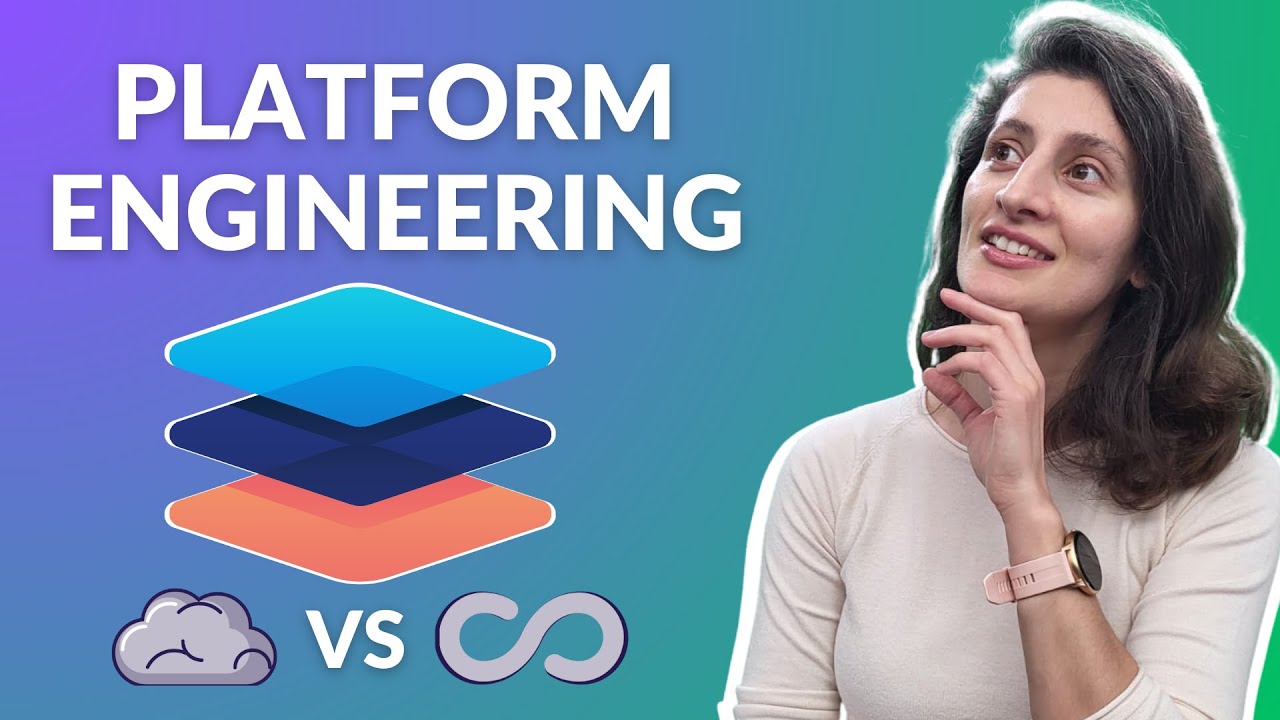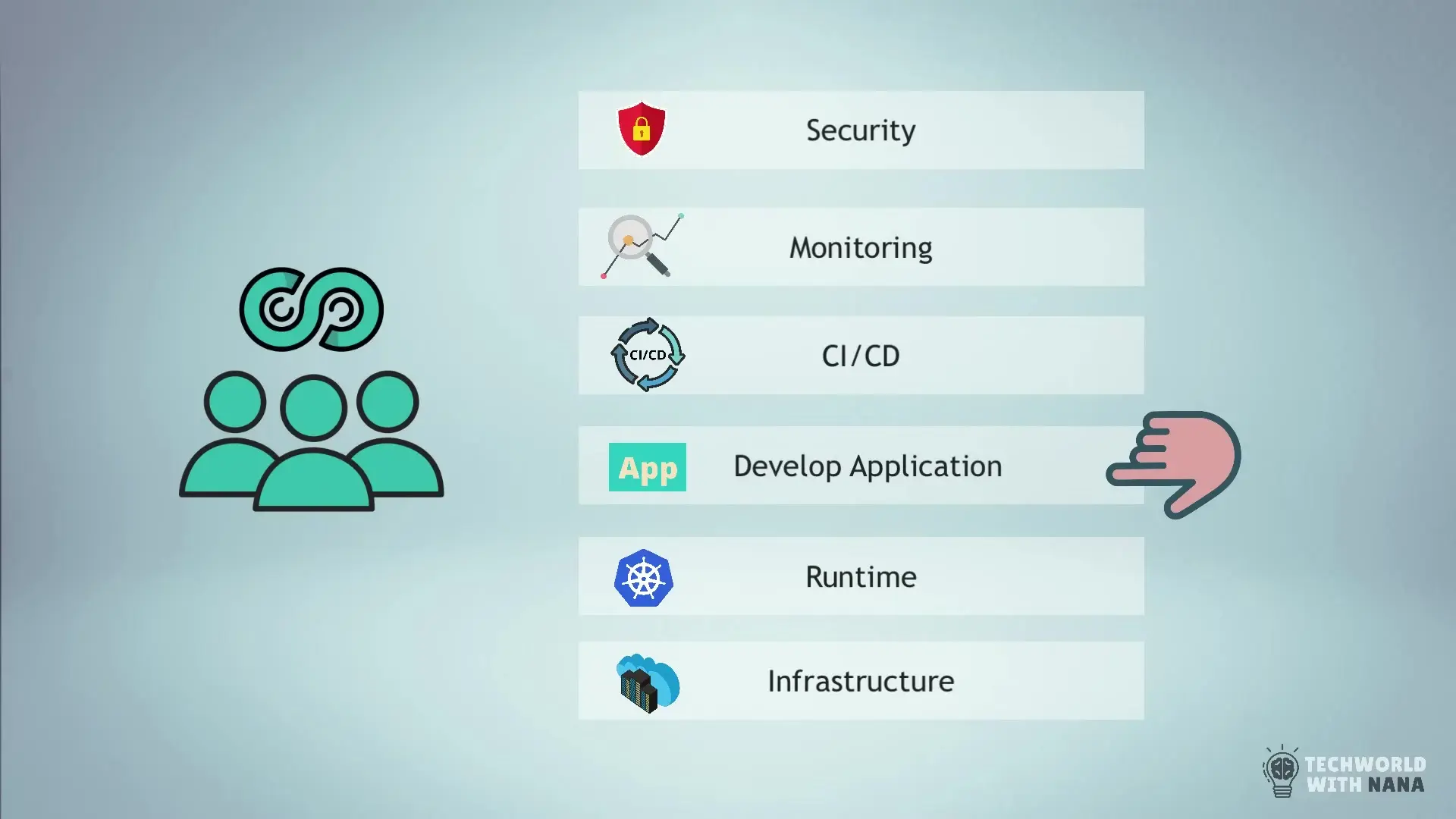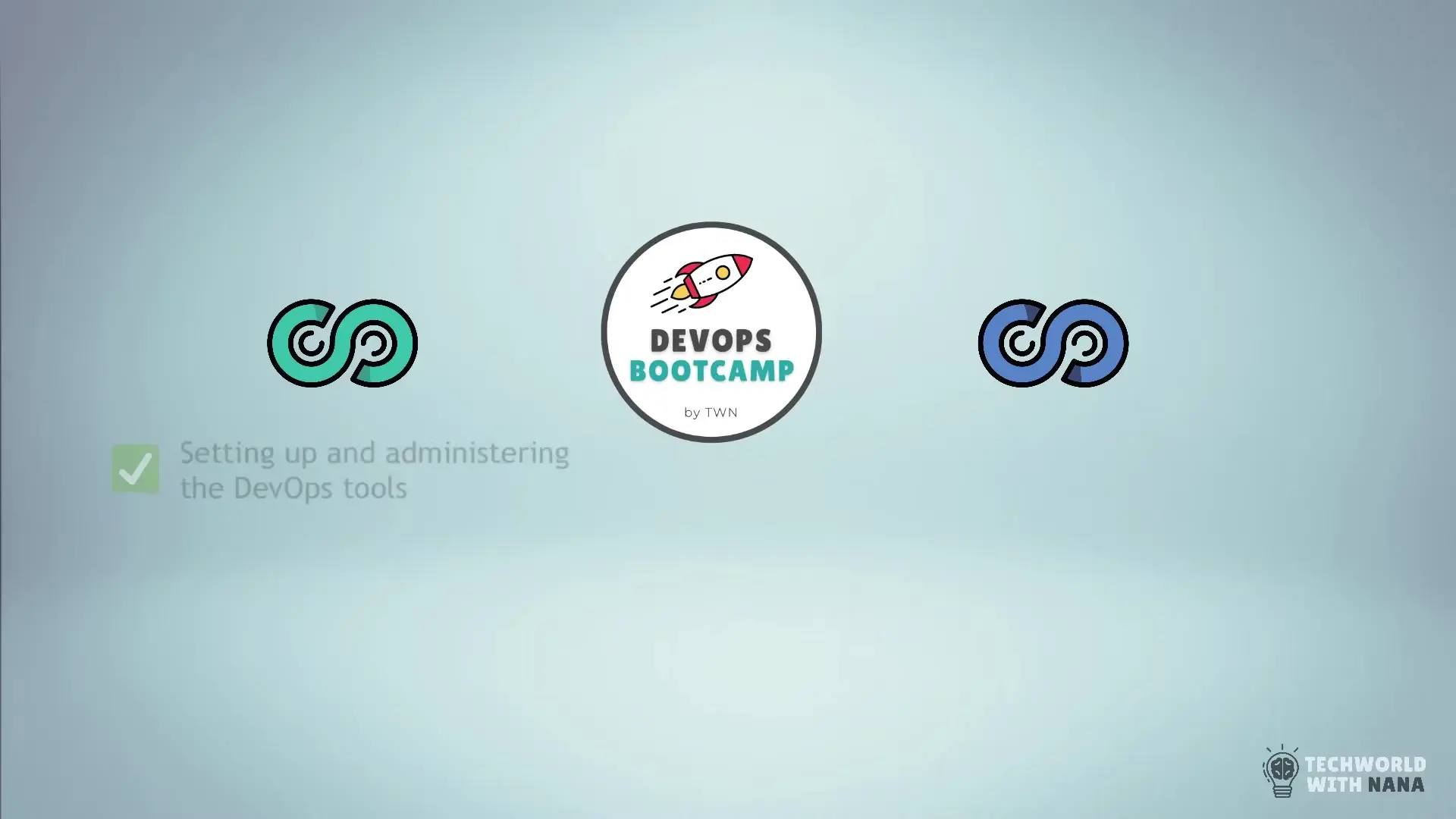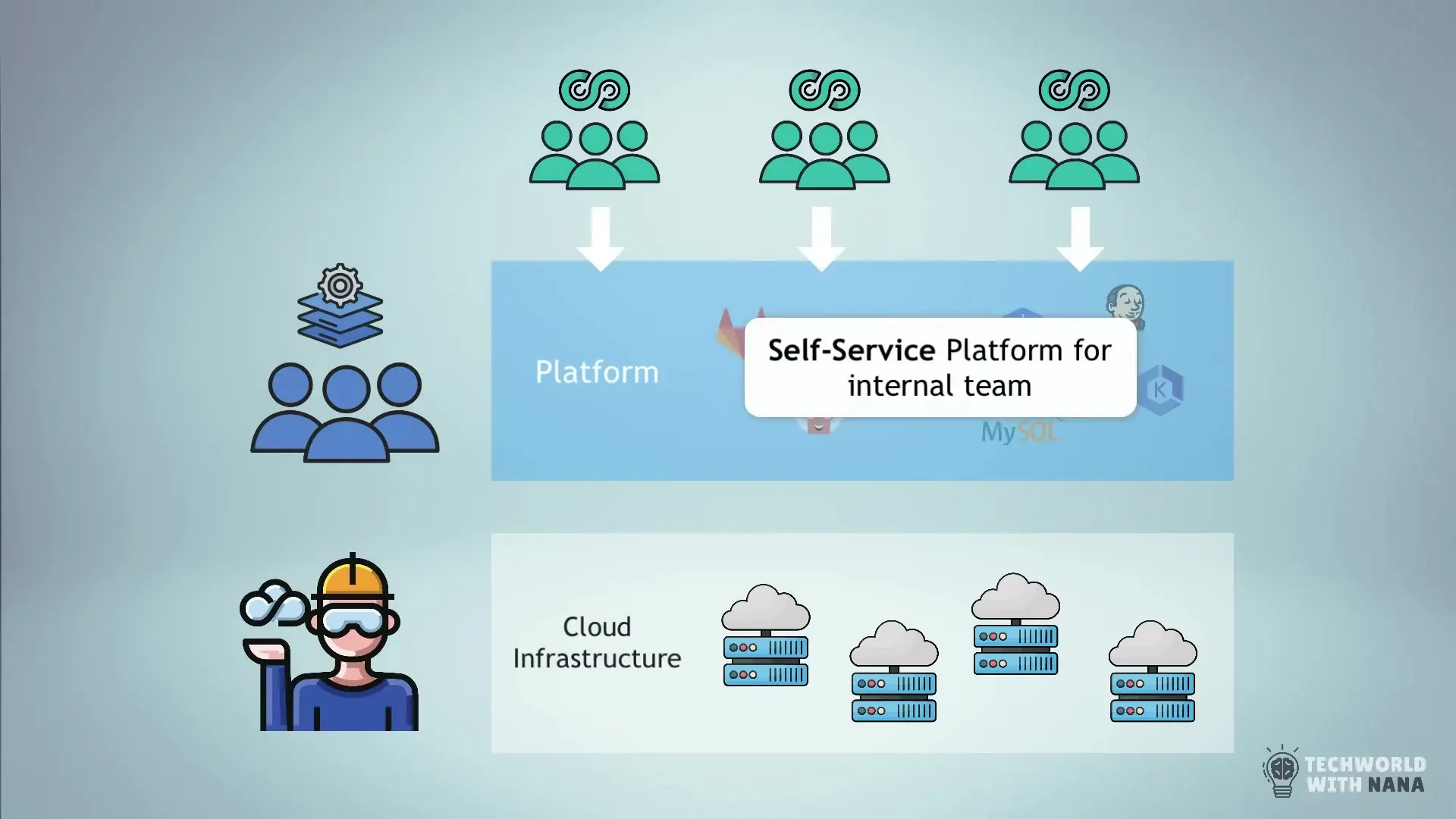
Platform engineering has emerged as a hot topic in the cloud and DevOps space, sparking debates about whether it replaces DevOps or complements it. In reality, platform engineering fundamentally changes established rules in DevOps, SRE, and cloud engineering by introducing new paradigms that address growing complexity challenges in modern software delivery.
The Evolution: From Separated Teams to DevOps
To understand why platform engineering exists, we need to examine the problems it aims to solve. Traditionally, development and operations worked as separate teams. Developers wrote code and threw packaged applications "over the wall" to operations, who deployed and managed them. While this model provided dedicated expertise, it created an inflexible, slow process with teams constantly waiting on each other.
DevOps emerged as a solution, uniting these teams to remove communication barriers and knowledge silos. This led to more flexible, faster workflows where a single team owned both the application and its underlying infrastructure. However, this introduced a new challenge: cognitive load.

The DevOps Cognitive Load Problem
In a DevOps model, a single team becomes responsible for everything: setting up CI/CD pipelines, writing infrastructure as code, managing Kubernetes clusters, configuring monitoring, implementing security scans, maintaining Helm charts, and managing Docker repositories—all while developing the actual application. This cognitive burden is substantial.
The problem multiplies across an organization. With ten application teams, you might end up with ten different infrastructure implementations, each requiring specialized knowledge and maintenance. This leads to several critical issues:
- Inefficient resource use with teams reinventing the wheel
- High cognitive load on individual engineers
- Inconsistent implementations across the organization
- Security and compliance challenges with diverse tech stacks
- Scaling difficulties as each new team requires extensive setup time
- Expertise gaps leading to misconfigurations and security issues
The "you build it, you run it" philosophy from SRE worked well when applications and infrastructure were simpler. Today's complex multi-cloud, multi-cluster environments with thousands of microservices make this approach increasingly impractical. Asking a frontend specialist to configure Kubernetes clusters properly isn't the best use of their skills.
Platform Engineering: A Middle Ground Solution
Platform engineering addresses these challenges by standardizing the tools and services required for deploying and running applications across teams. Instead of each team implementing their own CI/CD solution or Kubernetes configuration, platform engineers create standardized offerings that can be used consistently throughout the organization.
The focus is on standardizing the non-functional requirements of applications—the components necessary for delivery but not part of the business logic itself. These include:
- Version control systems
- CI/CD pipelines
- Runtime environments (like Kubernetes)
- Cloud infrastructure
- Logging and monitoring solutions
- Security implementations
The Admin Side vs. User Side Approach
A key insight into platform engineering is understanding that each tool has two distinct sides: the admin side and the user side. The admin configures, secures, and maintains the tool, while the user leverages it for their specific needs.

For example, with Kubernetes, administration involves provisioning clusters, installing network plugins, configuring access permissions, and setting up load balancers. Usage involves deploying applications within the cluster. These are distinct skill sets—even reflected in separate Kubernetes certifications for administrators and application developers.
Platform engineering takes over the administration side, allowing application teams to focus on using the tools rather than operating them. This reduces cognitive load on application developers while ensuring infrastructure is implemented consistently with production and security best practices.
Self-Service: The Key to Platform Engineering Success
The most critical aspect of platform engineering is implementing tools in a self-service manner. Rather than creating a new bottleneck where application teams must request resources from platform teams, successful platform engineering provides self-service capabilities through internal developer platforms.

These platforms abstract away complexity while providing guardrails, enabling developers to provision resources, deploy applications, and manage their services without understanding the underlying infrastructure details. This gives application teams the autonomy and speed of DevOps without the cognitive burden of managing complex infrastructure.
Is Platform Engineering Replacing DevOps?
Platform engineering doesn't replace DevOps—it evolves it. While it reintroduces some separation between infrastructure management and application development, it does so with modern tooling and self-service approaches that maintain the speed and flexibility that DevOps introduced.
The difference between traditional operations and platform engineering is that platform teams don't operate as gatekeepers. Instead, they build self-service platforms that empower application teams to move quickly while maintaining organizational consistency and security.
Benefits of Platform Engineering
- Reduced cognitive load on application developers
- Consistent implementation of infrastructure and security practices
- More efficient use of specialized skills
- Faster onboarding for new projects and teams
- Better compliance and security oversight
- Scalable approach to managing multiple applications
- Allows developers to focus on business value
Conclusion
Platform engineering represents a maturation of DevOps principles that addresses the growing complexity of modern cloud environments. By separating infrastructure administration from application development while maintaining self-service capabilities, organizations can achieve both consistency and speed. The result is a model that reduces cognitive load on developers while standardizing infrastructure practices across the organization—a win-win that allows each team to focus on what they do best.
Let's Watch!
Platform Engineering vs DevOps: Solving the Cognitive Load Problem
Ready to enhance your neural network?
Access our quantum knowledge cores and upgrade your programming abilities.
Initialize Training Sequence